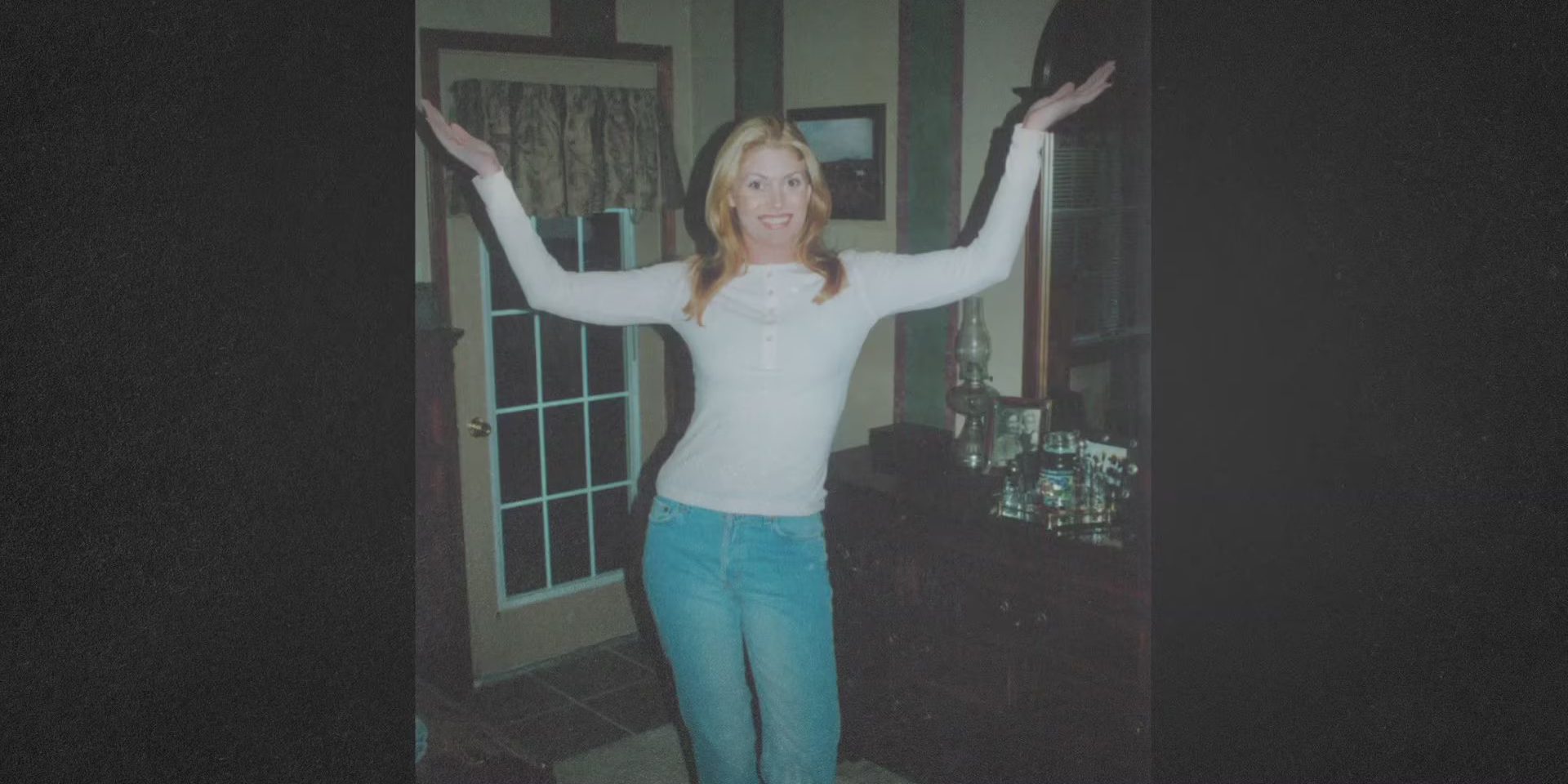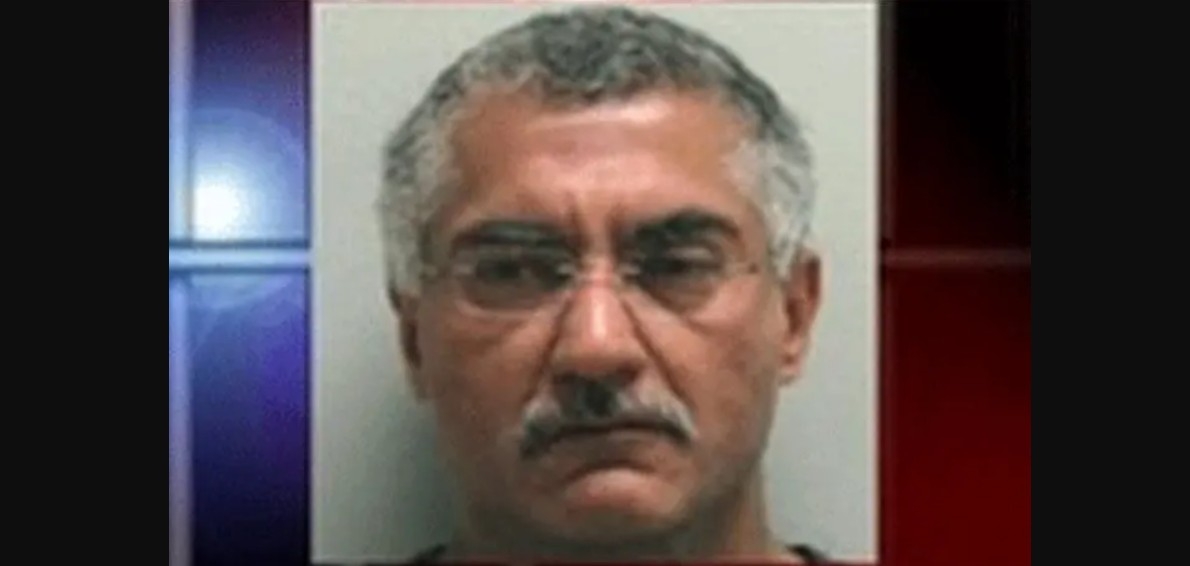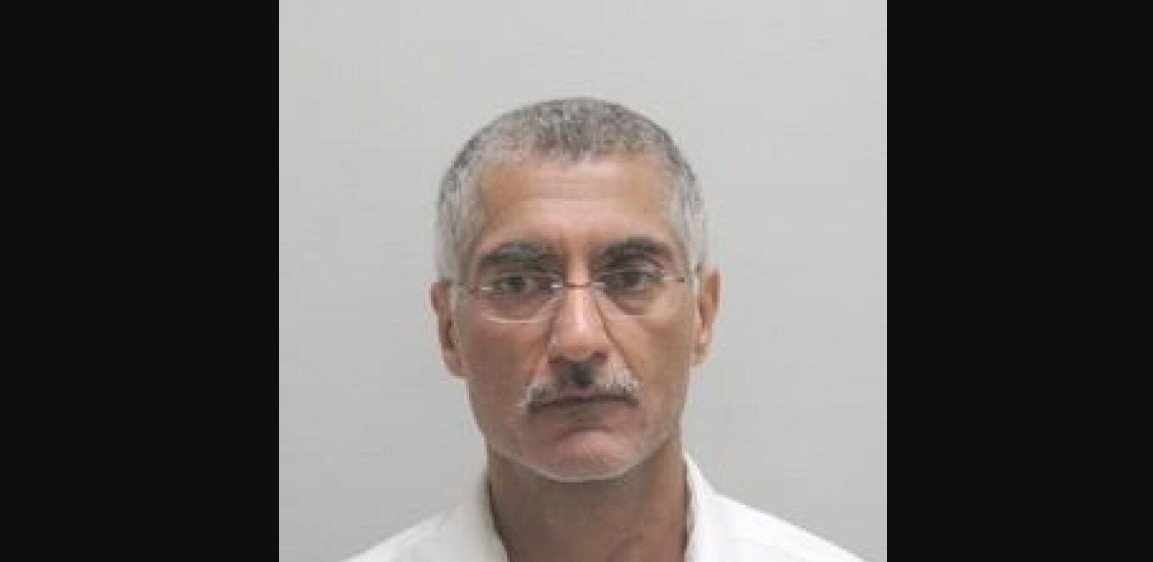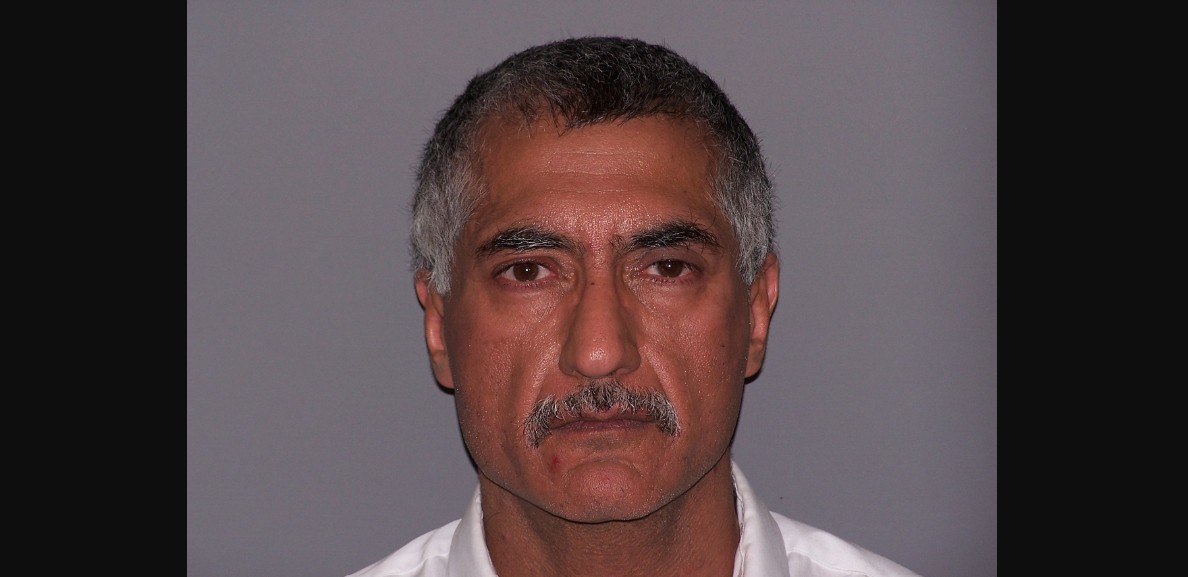The episode titled ‘The Pain-Killer’ of Investigation Discovery’s ‘American Monster: Abuse of Power’ delves deep into the mysterious murder of Ellie Harris and several others in and around Russellville, Arkansas. Ellie’s passing was just the beginning of something far more sinister, as evidence led the investigators to a doctor who was not directly involved with any of the killings. As the investigation progressed, the perpetrator devised an explosive plan that almost killed another doctor.
Ellie Harris Struggled With Addiction Before Her Untimely Demise
Ellie Leighanna Harris was a young woman with friends and family who doted upon her. The beloved child of Teresa Harris, she was raised in the comforts of a loving and warm household. Growing up, she had a jovial and vibrant personality that left a mark on everyone around her. Ellie was a gifted artist and possessed impressive athletic abilities, which she displayed in full light at school. However, things began to change during her time in high school. The young girl, who was full of hope and positivity, started to keep away from her loved ones. Her family members noticed her changed demeanor and got concerned for her. According to them, the transformation in her conduct towards them was quite significant to miss.
The one most affected by it all was Ellie’s mother, Teresa, who was shocked when she discovered from a few relatives that Ellie had confided to them about having experimented with various drugs such as heroin. Upon learning about her confession, Teresa and others had an intervention with Ellie to address the serious issue about her drug use, but to no avail. It happened not once but many a time, until they felt powerless to help her. When the teenager turned 18, she decided to take control of her situation. With the support of her people, she checked into a rehabilitation center and entered a program that would help her deal with her addiction. During her time at the facility, she reportedly displayed immense resilience and determination to overcome her issues. After a few weeks, she was released and went back home.
For a while, Ellie seemed to show progress, and her loved ones truly began to feel that she was on the right track to absolute recovery. However, things took an unfortunate turn in November 2000, when Ellie injured her back after slipping on ice. As she was in immense pain, she took some over-the-counter medication to alleviate it, but when that didn’t work either, she decided to take professional help. Ellie took a trip to Russellville, Arkansas, to see a pain management specialist named Dr. Randeep Mann at his clinic. She was transparent with the doctor about her past struggle with addiction. Teresa was content that the doctor assured her daughter that he would treat her pain without letting the medications interfere with her recovery. Sadly, the satisfaction lasted only for around 14 months as Ellie died of an overdose on January 30, 2002. According to the toxicology report, Ellie Harris’ bloodstream contained a deadly dose of medication.
Ellie Harris Was One of the Many Indirect Victims of the Killer
Following the unfortunate tragedy of Ellie Harris’ untimely demise, her mother, Teresa, contacted Dr. Randeep Mann to talk about her overdose. When she confronted him about the overdose, he told her, “I have no control over my patients. Whenever they leave, they can do anything they want to with the medication.” Despite knowing her history of addiction, he had prescribed her a dangerous combination of hydrocodone and alprazolam. It eventually made Ellie fall victim to opioid addiction, ultimately leading to her demise. With suspicions surrounding the doctor’s practice, the authorities connected him to an increased rate of overdose deaths in Russellville, Arkansas, as most of the victims were his patients.

In the following months, another patient named Shelly Green almost lost her life due to an overdose in May 2002. She later claimed that Dr. Randeep used to give her a prescription in her sister’s name when she finished her medication before she was supposed to. More dark secrets about the pain management doctor were revealed as Shelly also claimed that he used to give her pills from his private stash in exchange for sex. Upon digging deeper, the investigators realized that more patients had been trading sex for drugs and falling victim to addiction and overdose. After the Arkansas State Medical Board held a meeting, they voted to suspend Randeep’s DEA license in October 2003, amidst all the allegations he was facing at the time.
The Loss of His DEA and Medical License Drove the Doctor to Plot Revenge
However, upon filing multiple appeals and a lawsuit against the board alleging that they discriminated against him, he regained his DEA license in 2004. With him back in business, the cases of overdosing in the area spiked up yet again. With evidence against him rising again, Randeep faced another trial by the medical board in July 2006, headed by Dr. Trent Pierce. In the end, not only was he forced to surrender his DEA license, but he was also stripped of his medical license. Seeking revenge, he reportedly rigged Dr. Pierce’s car’s spare tire with a military grenade and detonated it on February 4, 2009, in his front yard while he was leaving for work. Severely injured from the explosion, Dr. Pierce was admitted to the hospital and fortunately, managed to survive.

Upon questioning, Randeep provided the authorities a concrete alibi and even allowed them to search his property, showing off his collection of firearms. Although they couldn’t charge him then, they found evidence against him about a month later when a city worker came across a box of 98 grenades buried in the ground near the doctor’s house. During a search of the property, the detectives also discovered a spare tire, which was supposedly used by him to practice setting up the bomb. Thus, on March 4, 2009, with enough incriminating evidence against Dr. Randeep Mann, the authorities arrested and charged him with a total of eight counts, including causing the damage or destruction of a vehicle by means of an explosive resulting in personal injury, aiding and abetting in the use of a weapon of mass destruction, possession of an unregistered machinegun, possession of unregistered grenades, and conspiring to corruptly obstruct an official.
Dr. Randeep Mann Was Brought to Justice For His Crimes
During the 2010 trial of Dr. Randeep Mann, the prosecutors did not have forensic evidence tying him to the bombing, but they presented circumstantial evidence proving his guilt. On the other hand, the defense argued that the defendant was innocent and became the wrongful target due to his race and love for collecting weapons. One of Randeep’s friends also testified against him, claiming that he had told him how he wanted the Arkansas State Medical Board to suffer. After hearing both sides of the coin, on August 9, 2010, the jury reached a verdict and found Dr. Randeep Mann guilty on multiple counts, including possession of unregistered weapons and obstruction. In late February 2011, the convict was sentenced to life in prison and 360 months for two bombing counts, 10 years for three weapons counts, and five years for obstruction counts.

Moreover, he was ordered to pay $100,000 in restitution. Nearly a couple of years later, on December 6, 2012, the Eighth Circuit Court of Appeals upheld his convictions but ruled that Randeep should be re-sentenced on all the counts, except the obstruction counts, due to errors during his previous sentencing. His conviction for two counts of the illegal possession of a firearm was also ordered to be dropped. Finally, on May 1, 2013, the convicted doctor was re-sentenced to life in prison and 30 years on two bombing charges, 10 years on two weapons charges, and 5 years on two obstruction charges. His $100,000 fine also remained unchanged. In his earlier sentence, Dr. Randeep Mann was sentenced to 10 years on three weapons charges, instead of two.
Read More: Tara Lynn Grant Murder: Where is Stephen Grant Now?


